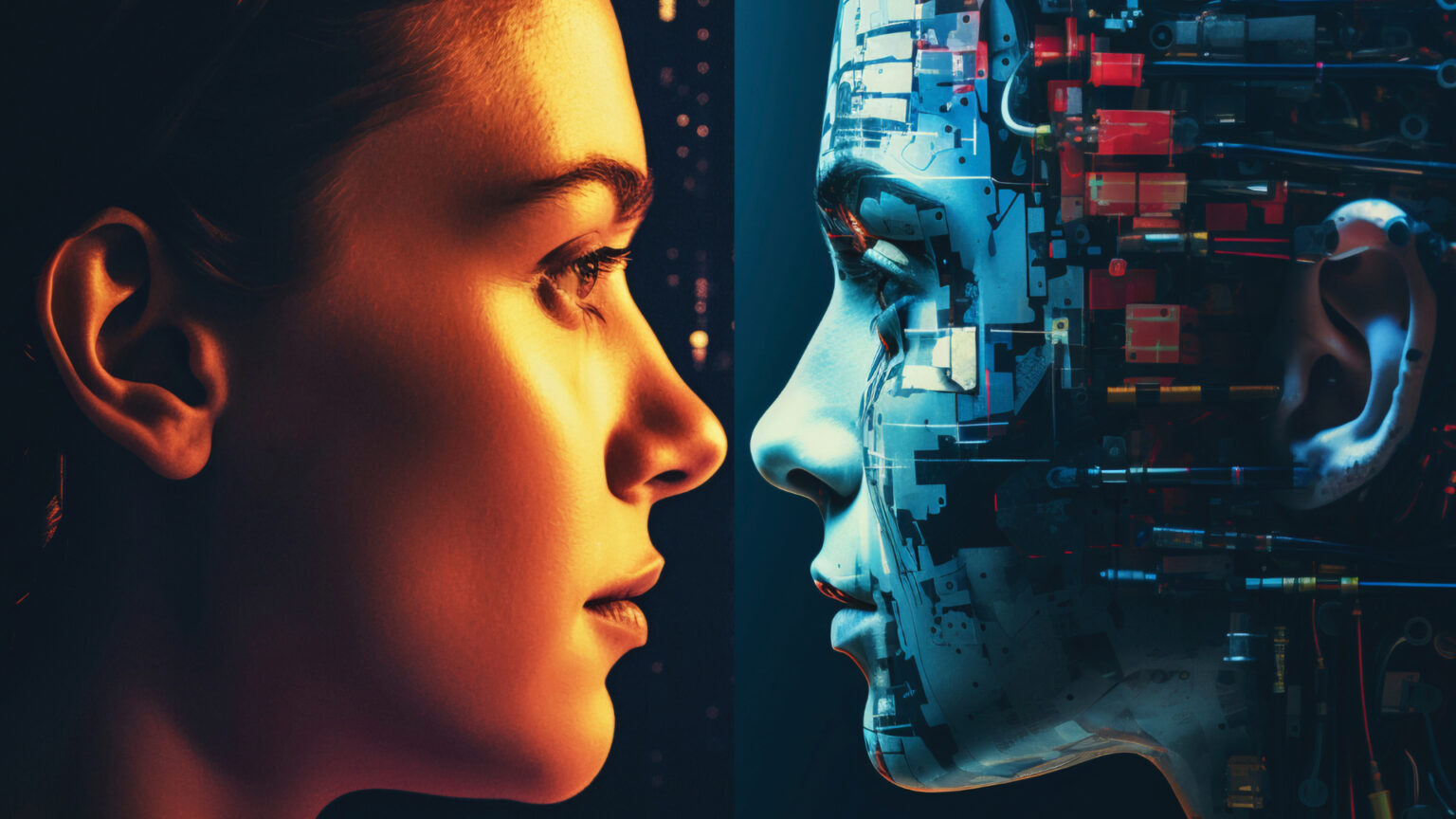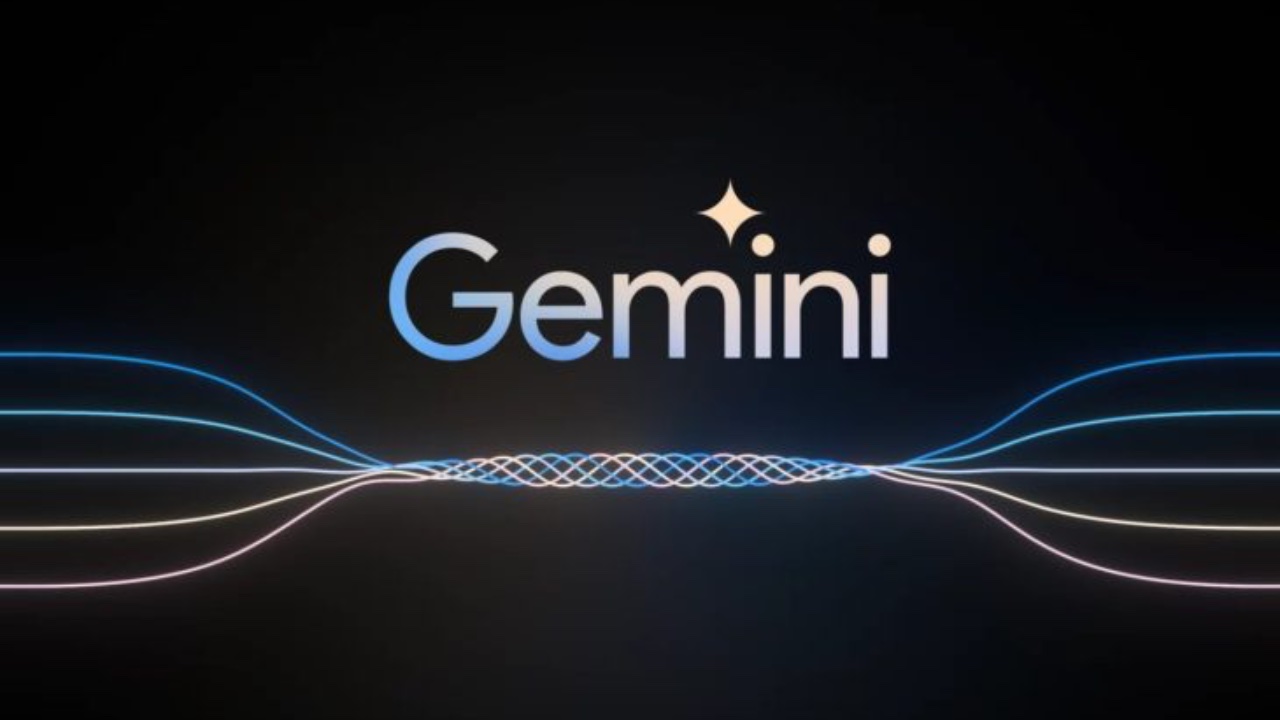You probably know the feeling. You’re trying to solve a problem on a website, and you’re greeted by a chat window. After a few exchanges, you get stuck in a loop of the same, useless answers, and your frustration grows.
This limited, often annoying chatbot is a symbol of the ‘old era’ of artificial intelligence, which is now coming to an end. Before our eyes, AI is ceasing to be just a passive interlocutor and is becoming a proactive agent – a digital assistant capable of performing complex, multi-step tasks.
This fundamental change, confirmed in the latest AI Workforce Consortium report, is causing a real revolution in the IT labour market. The analysis of offers from the G7 countries leaves no illusions: the demand for professionals able to build, secure and manage the next generation of AI is growing at a rate of almost 300%.
Let’s look at four key roles that will shape our industry in the coming months.
The breakthrough is based on moving away from systems that merely respond, to ones that realistically work. The revolution is based on granting AI new capabilities. Above all, it gains autonomy, allowing it to act autonomously to achieve a set goal. Added to this is proactivity, whereby it initiates actions on its own, rather than just passively waiting for commands.
A key element completes the whole: access to tools such as external applications, APIs, calendar or payment systems. The simplest analogy? A chatbot is like a hotline employee reading a ready-made script. An AI agent is like a personal assistant who, upon hearing ‘find me a flight to Lisbon for next weekend’, will independently compare prices, book a ticket and order transport to the airport.
Powerful new technology requires new architects and gatekeepers, as hard market data confirms. The first and fastest growing area is AI security, where demand for experts has increased by as much as 298%. This is an entirely new branch of cyber security, focused on unique threats such as data poisoning (poisoning of training data) and prompt injection (injection of malicious commands).
Its crucial importance stems directly from the new role of agents. Since an intelligent system can operate our finances, securing it against manipulation becomes an absolute priority. In practice, this means work for high-level specialists who, like digital security officers, test the resistance of AI systems to attacks and build advanced defences for them.
Another pillar of this transformation is multi-agent systems, an area where the demand for talent has jumped by 245%. It involves designing complex ecosystems where multiple specialised AI agents work together to solve a problem.
The future lies in specialisation – one agent books the flights, another the hotels and a third plans the tour, together creating a coherent and optimal plan. The architect of such systems is an engineer with unique skills who ensures smooth communication, coordination and resolution of potential conflicts between autonomous programmes.
Adaptation of base models is becoming equally important, as evidenced by a 267% increase in demand. This process, known as fine-tuning, involves fine-tuning huge, generic models for very specific, niche tasks, such as the analysis of magnetic resonance images.
A business does not need a ‘know-it-all’ philosopher, but a precise expert in his or her field, and adaptation makes it possible to transform a generic model into just such an expert. This is a job for machine learning engineers who, like digital craftsmen, precisely ‘sculpt’ the underlying models to achieve maximum efficiency.
Finally, as systems become more autonomous, their ethical oversight becomes essential. Hence the powerful 256% growth in the field of responsible AI. Experts in this domain ensure that autonomous systems operate transparently, fairly and free of bias.
With great autonomy comes great responsibility, so it is necessary to audit AI decisions to make sure that the agent granting credit or recruiting an employee is not discriminating. This is a role for interdisciplinary experts who create an ethical compass for thinking machines.
The shift from chatbots to agents is not a cosmetic change, but a fundamental redefinition of our interaction with technology. The labour market is not waiting. The surge in demand for the specialisations discussed is the strongest signal yet that the future belongs to those who can build and manage autonomous technology.
The question for 2025 is no longer “will AI affect my job?”, but “how quickly will I gain the competence to create and supervise the agents that will define our digital reality?”.











